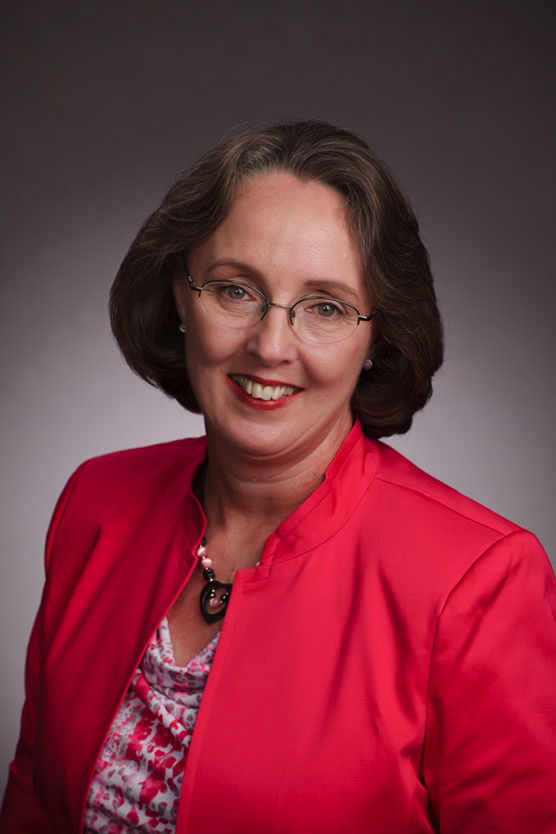Please discuss your views on LSCS funding sources and the proportion of funds that should come from each source(State Legislature; raise local property taxes; raise tuition; offer free tuition; pass more bond; repeal open-admissions and increase minimum academic requirements; cap enrollment; worry about it down the road)?
“Worry about it down the road” is not a responsible financial policy. Trustees should never shirk their responsibility to make difficult funding choices. LSCS’s financial planning includes discussions and modeling of a fair and equitable balance between state support, tuition, and local taxpayer support.
Currently, only 21% of the LSCS budget is derived from state appropriations, and even that is subject to reduction in order to balance the state budget. In fact, LSCS’s 5-year financial plan assumes continued reductions in state funding. By law, bond revenue cannot be used for operational expenses; those funds can only be used for capital construction and improvement. The “open-admission” policy is a function of state law and cannot be “repealed” by the LSCS Board of Trustees.
Offering free tuition to everyone is not a viable financial option. Perhaps more importantly, I believe it is imperative that students pay appropriate tuition in order to support the institution that gives them the education, training, and skills necessary to flourish. Students who invest their own dollars into their education have a greater stake in their own success. Paying tuition increases students’ personal responsibility for their education.
I also believe that because the local economy benefits from the educational and training opportunities LSCS provides, it is appropriate for local taxpayers to provide some financial support for the college. By helping the population acquire the skills and training they need to be productive members of the economy, LSCS helps its students achieve the resiliency they need to weather economic storms. LSCS transforms students from “consumers” of public goods into productive taxpayers, thereby reducing the financial burden on current taxpayers.
De facto enrollment caps are already in place at LSCS. They exist in the form of limited seats in classrooms and in limited funding to hire enough faculty to meet student demand for classes.
I support LSCS’s long tradition of keeping property taxes as low as possible, while also offering a good value for students’ tuition dollars. At $0.1079, LSCS’s current property tax rate is among the lowest in Texas and its in-district tuition is above the state average. For the next fiscal year, I anticipate LSCS lowering its tax rate for the third year in a row.
Additionally, I am an enthusiastic supporter of “Lone Star Promise,” which is funded entirely by private donations to the Lone Star Foundation. Lone Star Promise provides scholarships that fill the gap for students who are not poor enough for Pell grants and not affluent enough to re-pay student loans. Lone Star Promise scholarships are only available to students who are enrolled full time and earn a minimum grade point average. For those students, the minimum academic requirements have been increased.
Please describe the pros and cons of full-tenured staff versus part-time teachers and your plans, if any, for making changes in that area.
LSCS has no “full-tenured” faculty like 4-year universities. After 3 consecutive years of positive performance reviews, LSCS full-time faculty can receive a 2-year rolling contract. A 2-year contract is as close as LSCS faculty ever get to “tenure.” In exchange, full-time faculty normally teach a required load of 5 classes per long semester and 2 summer classes. In addition, full-time faculty are required to keep office hours, provide student support beyond the classroom, prepare required reports for accrediting agencies, engage in meaningful professional development, and fulfill other duties as assigned.
By contrast, LSCS cannot legally require part-time faculty to do work beyond the classroom, and must limit their course load in order to avoid triggering an obligation to provide employment benefits. In fact, many part-time faculty are forced to leave campus as soon as class is over in order to drive to their next teaching assignment at Houston Community College, San Jacinto College, etc. It is common for part-time faculty to teach at several institutions in order to cobble together a living income.
Dr. Head, the current LSCS Chancellor, is committed to improving the full-time/part-time faculty ratio over the next 5 years. I support him in that effort for 3 reasons. First, many studies have shown that the best way to improve student success rates is for faculty to be available to students outside of class. Faculty are the best tutors and mentors for college students. Although many part-time faculty are talented teachers, LSCS cannot require them to support student success efforts outside of the classroom. Second, the Texas Legislature has implemented performance-based funding, which requires state colleges and universities to improve student success rates. LSCS can better compete for that funding by improving its full-time/part-time faculty ratio. Third, under the previous chancellor, LSCS’s full-time/part-time faculty ratio had declined to the point that it was the worst in the state of Texas, which could have jeopardized the college’s accreditation. Because they also emphasize student success, accrediting agencies, such as the Southern Association of Colleges and Schools, have begun pressuring schools to improve their full-time/part-time faculty ratios. LSCS cannot play fast and loose with its accreditation.
Please describe the opportunities you will pursue to improve quality of instruction while reducing costs.
LSCS currently provides high quality instruction at a low cost. However, LSCS should always look for ways to improve. The best way to improve is to hold students accountable for the best academic work they can do, and employees accountable for doing their jobs as best as they can.




